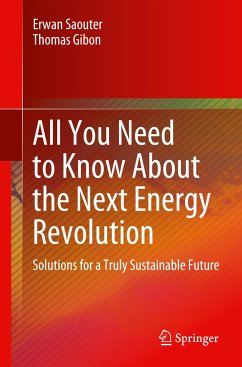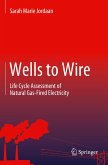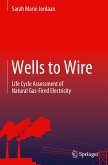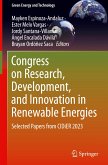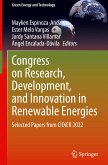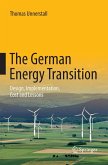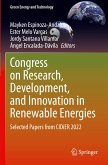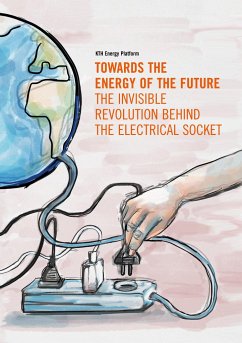Climate change is a reality that cannot now be disputed and solutions exist, whether technological or societal. However, it is essential to understand their capacity to meet a demand for energy and resources that will continue to grow.
Faced with the confusion of messages, the multiplicity, and, sometimes, the naivety of the roadmaps for achieving a carbon-neutral world, this concise book proposes a return to the fundamentals that we should all know before we can choose the type of development we want. It invites us to move away from dogmatic positions, preconceived, and partisan ideas and to become aware that all the choices available to us have advantages and disadvantages, and that these must be rigorously quantified in order to prevent today's solutions from becoming tomorrow's disasters.
Faced with the confusion of messages, the multiplicity, and, sometimes, the naivety of the roadmaps for achieving a carbon-neutral world, this concise book proposes a return to the fundamentals that we should all know before we can choose the type of development we want. It invites us to move away from dogmatic positions, preconceived, and partisan ideas and to become aware that all the choices available to us have advantages and disadvantages, and that these must be rigorously quantified in order to prevent today's solutions from becoming tomorrow's disasters.

